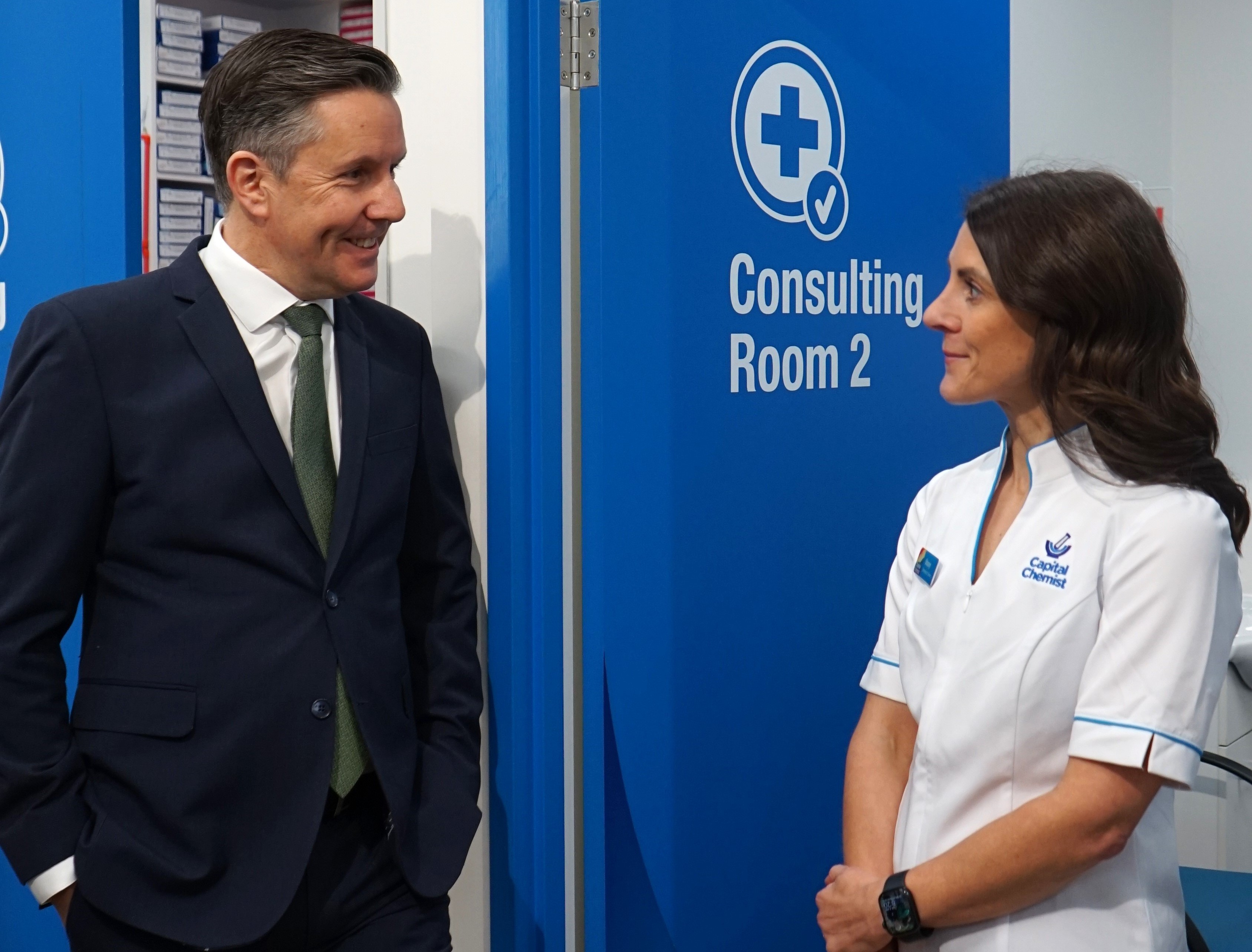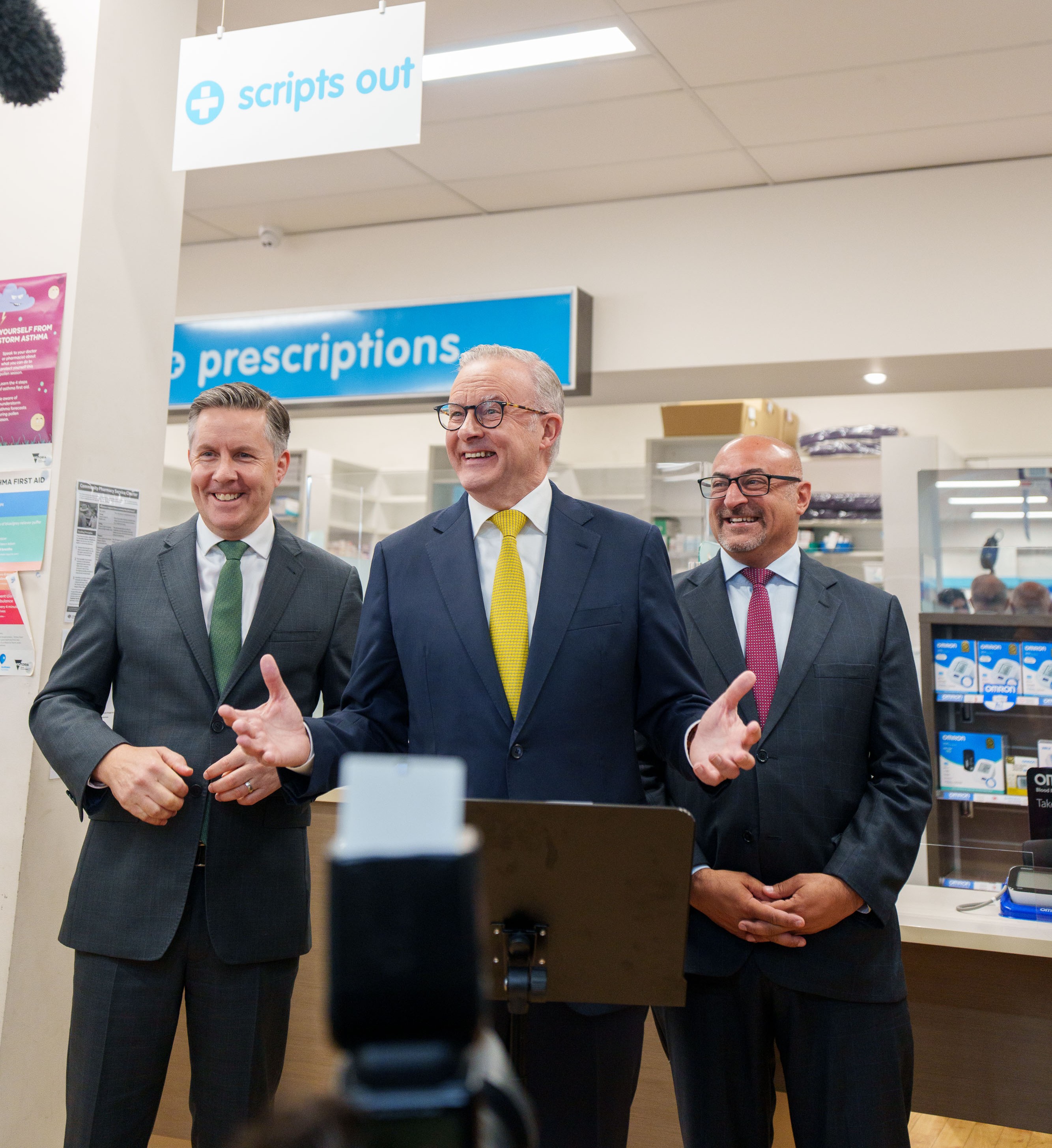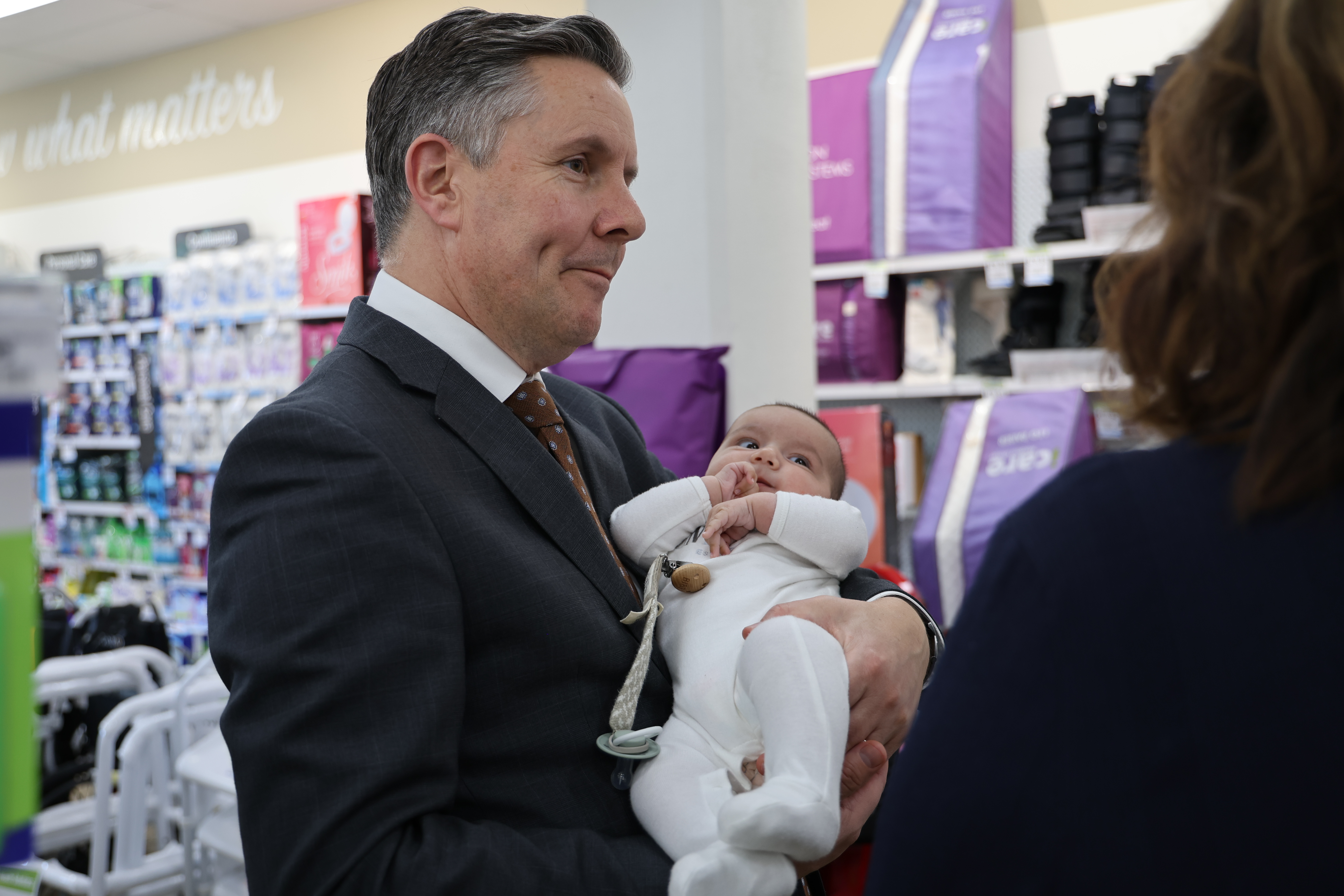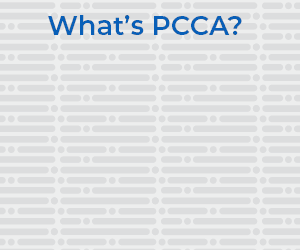AP: Who is your local community pharmacist in Adelaide?
MB: My local pharmacy is TerryWhite at Grange, Mario and his staff are always helpful and have been part of the community for many years.
AP: After the campaign, the excitement of the election win and a new Cabinet, how have you recharged the batteries for another big parliamentary term?
MB: I’ve spent some time recharging back at home and I’m taking a range of briefings for the appointed portfolio of health, disability and ageing. We have a momentous task ahead of us and our reinvigorated health, disability and ageing team is ready to deliver on our commitments to the Australian people.
AP: The Albanese Government was the first government to make a cut to the co-payment in the PBS’ 75-year history. In your view, why had it never been done before? And recalling the decision, what was the catalyst to make the historic change?
MB: The ABS told us that over a million Australians went without their medications due to the cost. Cheaper medicines aren’t just good for the patients’ hip pocket but it’s also good for their health. Our first term delivered multiple rounds of cheaper medicines that have saved Australians over $1.3 billion on cheaper medicines. But we’re not stopping there, we know Australians are continuing to feel cost of living pressures and we’re committed to making cheaper medicines even cheaper. From 1 January 2026, we will reduce the maximum cost of a PBS script from $31.60 to $25. For the first time in over 20 years the cost will be reduced to $25 per script. And we’ve frozen the co-payment for concession card holders and pensioners for the rest of the decade.
AP: During the first term and the campaign, you visited many community pharmacies. What’s stayed with you about these visits?
MB: It’s in the name; ‘community’.
As I visit community pharmacies across the country, I’m always struck by the depth of the connection between the pharmacy staff and their communities.
AP: What’s been the feedback from patients and community pharmacists from across the country about the benefits of more affordable medicines?
MB: Since we came to government in 2022, we have continued to make medicines cheaper. In our first term we implemented 60-day scripts, reduced the co-payment, increased the medicines listed on the PBS and froze the maximum cost of scripts for all Australians. Costs should never be a barrier to accessing medicines and our cheaper medicines policies have alleviated that pressure for millions of Australians. Community pharmacists have seen this positive impact first hand as their patients continue to see the hip pocket and health benefits.
AP: To take the load off GPs and EDs, community pharmacists in every jurisdiction can do more for their patients, if only enabled by state and territory regulation. Will the Federal Government do more to influence its state and territories counterparts, to normalise community pharmacists’ full scope of practice?
MB: We want pharmacists to work to their full scope of practice. Following the Unleashing the Potential of our Health Workforce Review, the Government is considering the findings and recommendations to remove barriers and incentives for all health professionals including pharmacists. This will optimise use of the health workforce across a stretched primary care sector and improve patient access particularly in rural and remote areas.
Many of the recommendations will require collaboration between the Commonwealth and state and territory governments, as well as consultation with peak professional organisations, patient groups and the sector more broadly. I look forward to these discussions. States and territories remain responsible for determining which health professionals can prescribe, dispense, and administer medicines and are also conducting trials and inquiries to look at expanding the scope of practice of pharmacists.
AP: In relation to your portfolio, what keeps you awake at night?
MB: As we look to the future, we are facing a greater ageing population. It is critical that Australia continues on its path to managing an increasingly older population, and our once-in-a-generation aged care reform ensures we’re set up to manage the baby boomer generation’s transition into aged care.
AP: As health minister, it’s important you model good health and wellbeing. Do you have a daily routine to stay in tip-top condition physically and mentally?
MB: I try to keep a consistent routine to manage the pressures of the job. No matter the day or where I am, I try to fit in time to exercise in the morning and keep to a consistent sleep schedule. This helps me manage the job day to day.
AP: If you weren’t an MP and Health Minister, what would you be doing?
MB: If I didn’t have the great honour of serving as the Minister for Health and Ageing and the Minister for Disability and the NDIS I would be continuing my work from my early career, fighting for the rights of workers.
AP: What’s the last TV series or movie you watched? Do you like medical dramas?
MB: I’ve almost finished the later White Lotus season but still haven’t found the time to watch the final episode.
AP: How do you want history to judge your time as health minister?
MB: Over 40 years ago the Labor Party introduced Medicare with the promise of making health care “cheaper, simpler and fairer.” As we continue to build on this promise by continuing to strengthen Medicare for all I hope to create lasting and impactful change.













